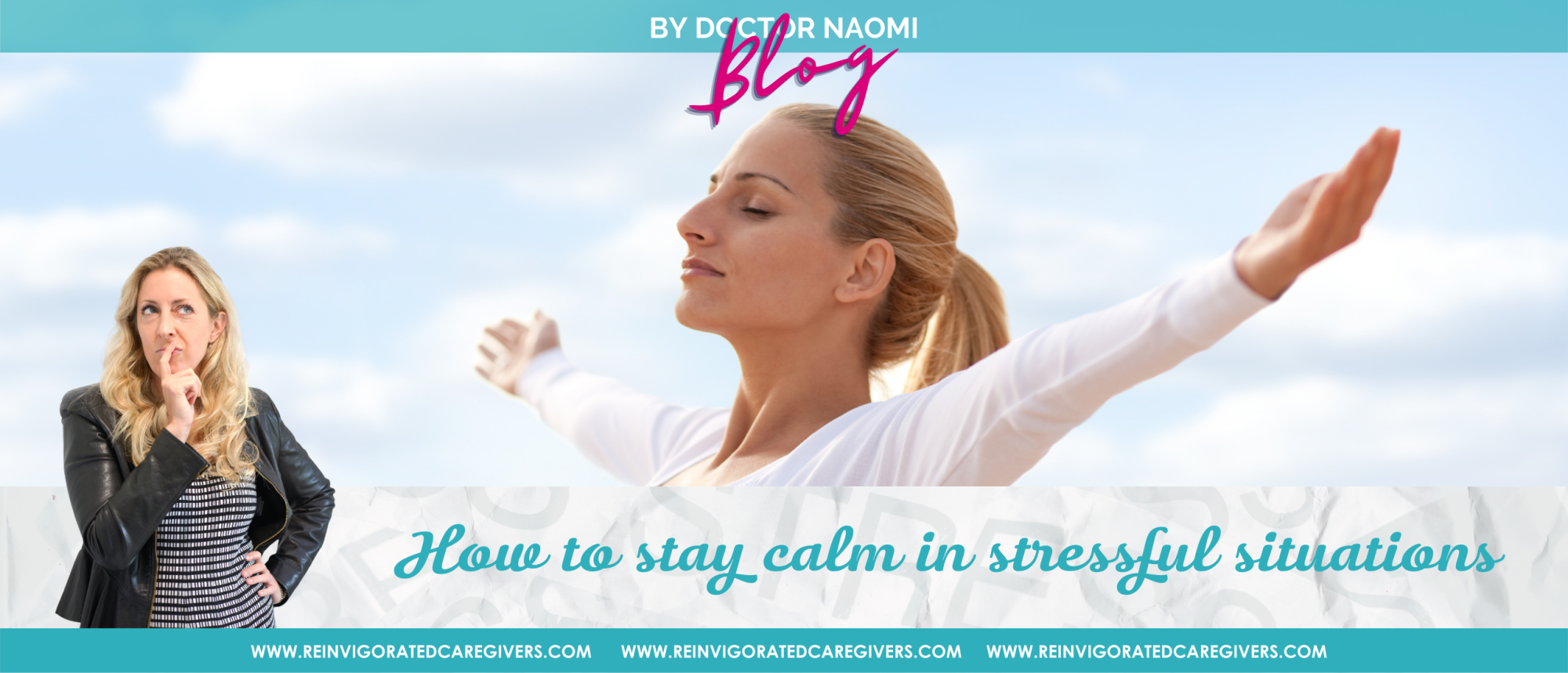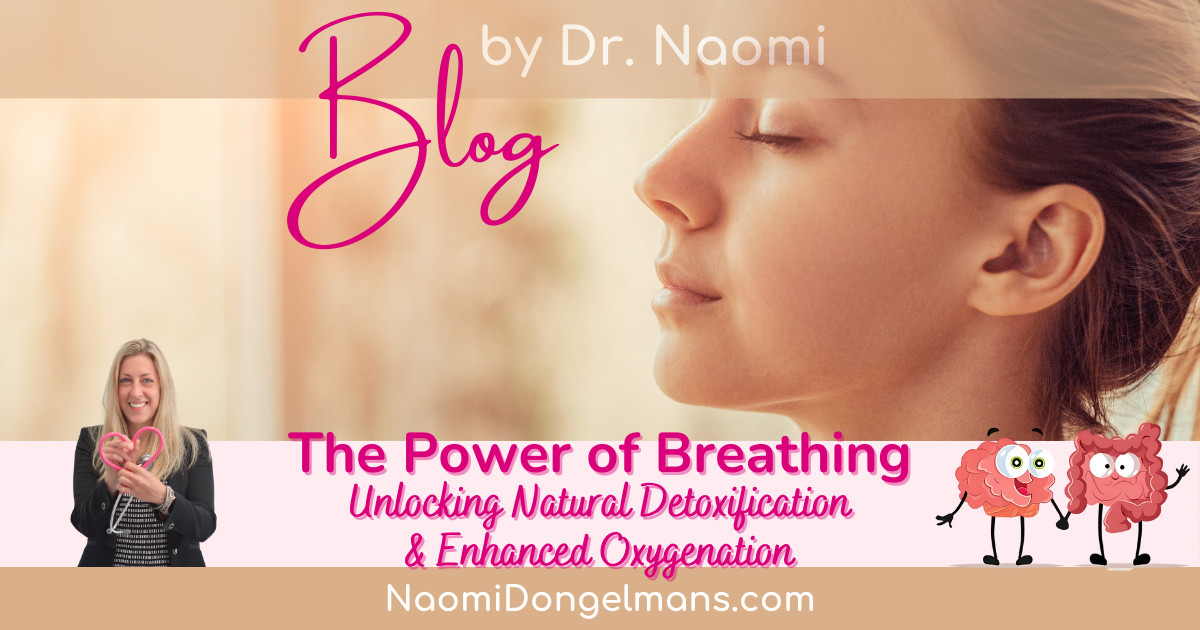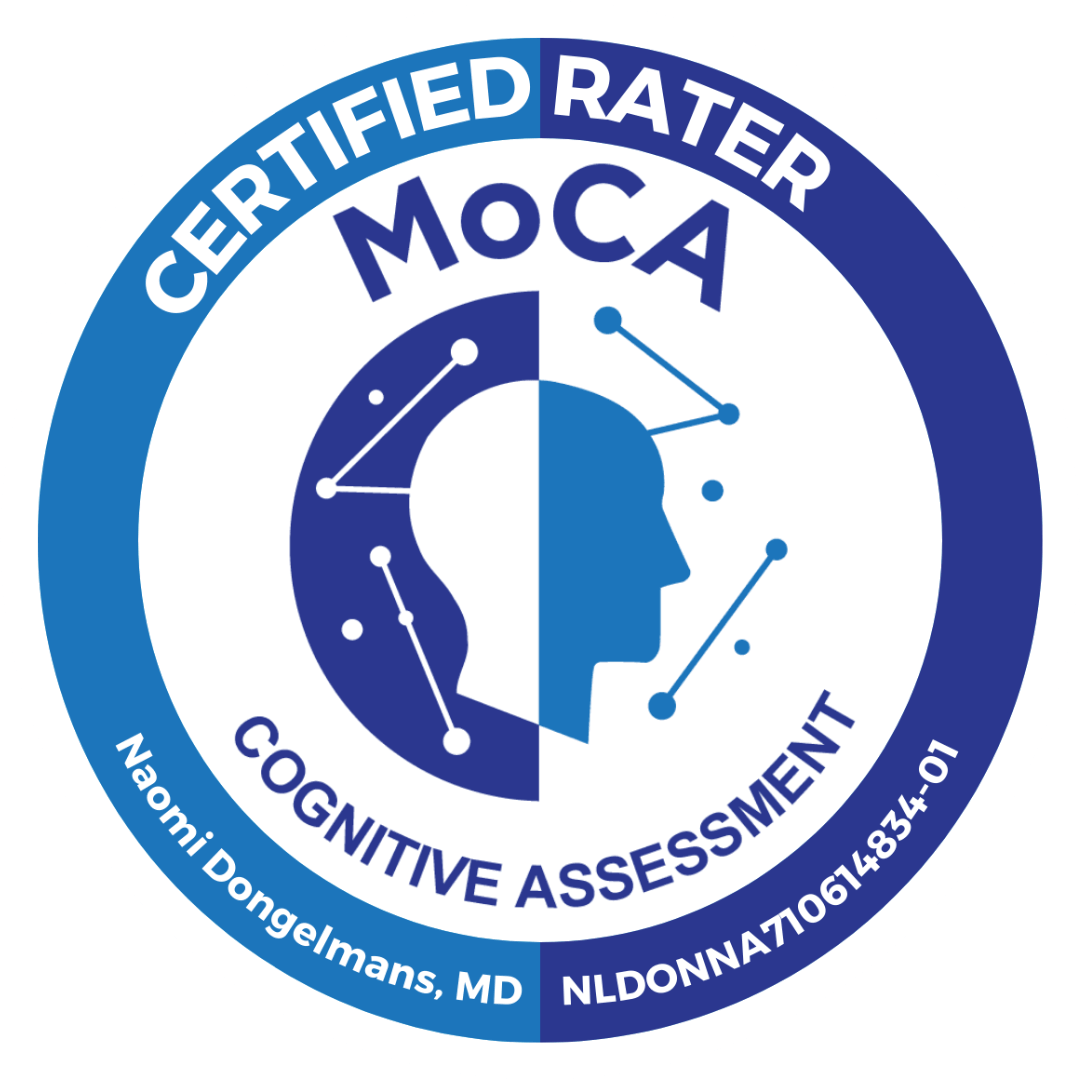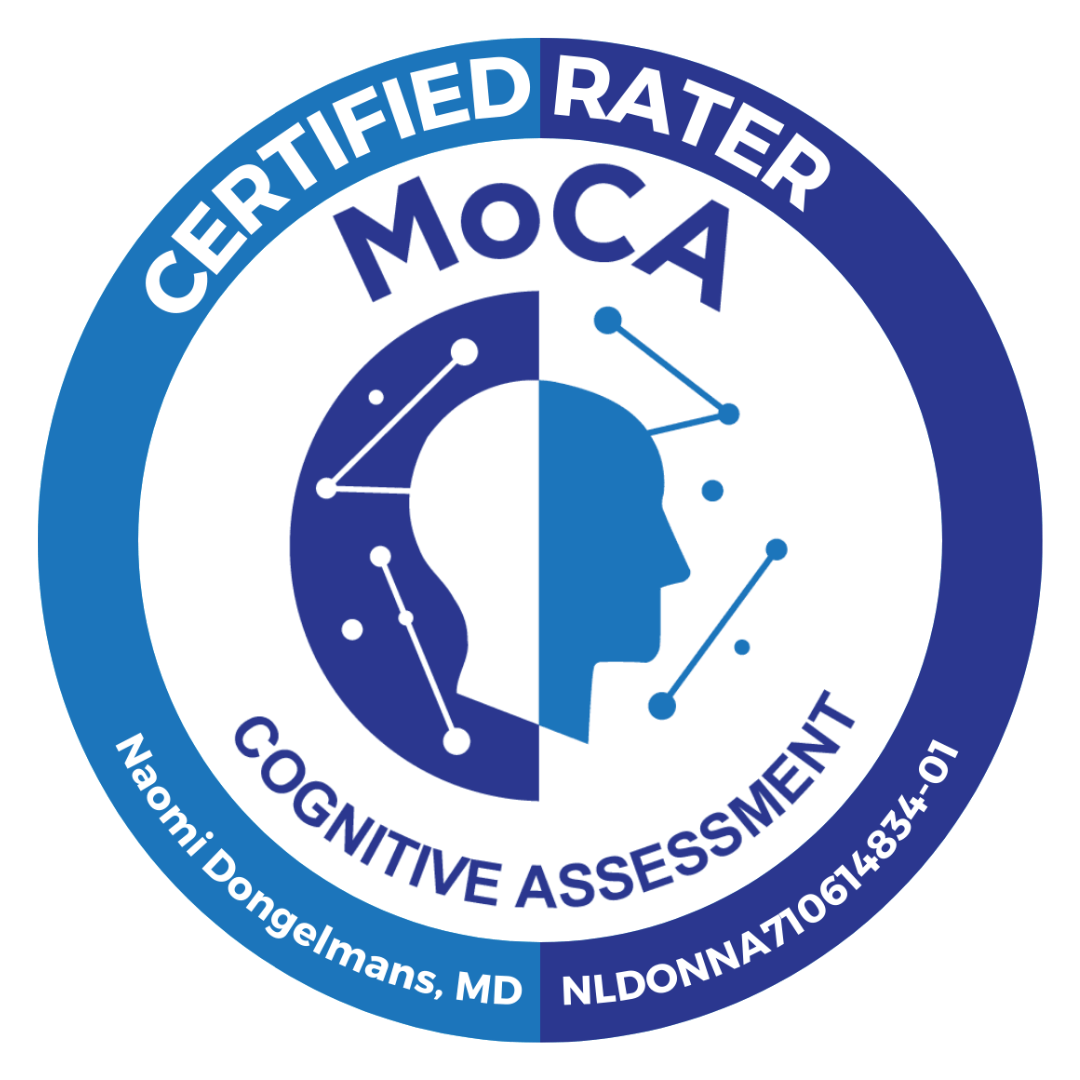
Overcoming the stress in your life starts with noticing what your stressors are and working to reduce them, but you can't prevent every situation that could potentially cause you stress. This is your body's natural response, which leads to a fight-or-flight response.
However, you still need to get out there and live your life, so it is more about how you react to stressful situations when they arrive. Keep reading to learn how to remain calmer and relaxed even when incredibly stressful things are happening around you.
Stop your body and thoughts
When a stressful situation hits you, you have the opportunity to choose how you are going to handle it. How you think, feel, and even how your body reacts is all up to you. If you react negatively and immediately, it will increase your stress hormone and make you feel a lot worse and much more overwhelmed.
Instead of reacting instantly, just take a step back. Freeze your body and your mind, and just let your thoughts calm down. Don't try to reason through it, don't think about the potential future or make assumptions, and don't start letting all those regrets run through your head.
Just get into a calm place, whether you freeze your body, try to meditate, or use mindfulness practices. This can help you get back to neutral, where you can think logically about whatever the stressful situations are.
Find positivity
Being positive has a wonderful impact on your mind and emotional health, as well as helping you to handle stress. Being positive doesn't mean constant sunshine and rainbows. You can understand that life isn't always perfect, accept your flaws, and move past them. You even realize that stress is a normal part of life since unexpected things happen all the time.
However, instead of letting the stress affect you mentally and physically to an extreme level, you can remain calm by remaining positive. Just try to think of some type of positive element, whether you go through a list of pros and cons or you simply try to find the one thing that could be good about the stressful situation. And trust me, there is at least one.
Stop with the assumptions and "what if" questions
Stop asking "what if" and making assumptions every time anything happens. This will lead to a lot of anxiety and stress that otherwise might not have been that bad. If you feel that you have constant stress all day, every day, ask yourself where it comes from. Is it from things constantly happening around you, or is it how you perceive things?
Write down in your journal the next time you experience a stressful situation what actually happened. Not what could have happened or what you feared would happen, but the actual situation you dealt with. More often than not, your fears and "what if" scenarios were far worse than the reality.
When a stressful situation happens, the best thing you can do is just stand back, remain present, and be realistic about what has already happened. Don't assume the worst-case scenario or start creating all of these images in your head of what catastrophe might be in store for you. This is definitely adding to the amount of stress you experience on a daily basis.
Know what your stressors are
You also need to understand more about what is causing you the most stress. By now, you likely have a good idea of where it is coming from, but using a journal can help you determine this with more details and clarity.
Keep a worry or stress journal that you use only to write about your stress. You want to include as many details as you can, such as what you were doing, where you were, what time and date it happened, who you were with, what the situation was, and anything else that is relevant.
Write down things like why it caused you to stress, what your mind was doing at the time, and what the outcome was.
Do you notice any patterns? Are there certain things causing you more stress? Is it work or home life? Is there someone in your life that always seems to be around when you have the most stress? These details will help you figure out your stressors, which in turn helps you know what you need to avoid in the future.


















0 Comments